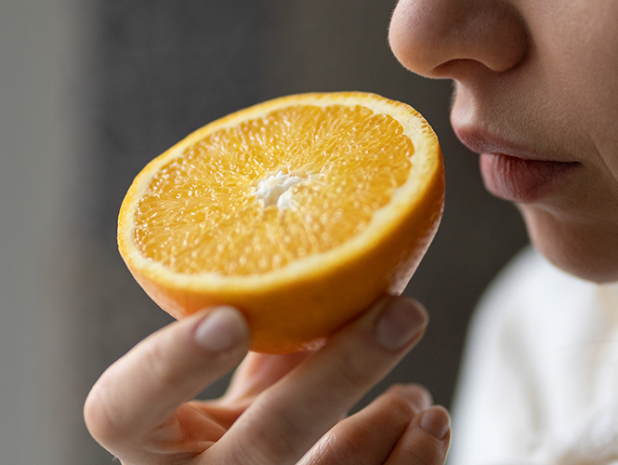
Breaking News
 China's Nightmarish New Bio Weapon Targets Race and Ethnicity
China's Nightmarish New Bio Weapon Targets Race and Ethnicity
 The Epstein Files Just EXPOSED the AI Mind Control Agenda (2026 Warning)
The Epstein Files Just EXPOSED the AI Mind Control Agenda (2026 Warning)
 Maxwell offers testimony if granted Trump clemency
Maxwell offers testimony if granted Trump clemency
 How RFK Jr's Guidelines Could Change Farming - Joel Salatin
How RFK Jr's Guidelines Could Change Farming - Joel Salatin
Top Tech News
 SpaceX Authorized to Increase High Speed Internet Download Speeds 5X Through 2026
SpaceX Authorized to Increase High Speed Internet Download Speeds 5X Through 2026
 Space AI is the Key to the Technological Singularity
Space AI is the Key to the Technological Singularity
 Velocitor X-1 eVTOL could be beating the traffic in just a year
Velocitor X-1 eVTOL could be beating the traffic in just a year
 Starlink smasher? China claims world's best high-powered microwave weapon
Starlink smasher? China claims world's best high-powered microwave weapon
 Wood scraps turn 'useless' desert sand into concrete
Wood scraps turn 'useless' desert sand into concrete
 Let's Do a Detailed Review of Zorin -- Is This Good for Ex-Windows Users?
Let's Do a Detailed Review of Zorin -- Is This Good for Ex-Windows Users?
 The World's First Sodium-Ion Battery EV Is A Winter Range Monster
The World's First Sodium-Ion Battery EV Is A Winter Range Monster
 China's CATL 5C Battery Breakthrough will Make Most Combustion Engine Vehicles OBSOLETE
China's CATL 5C Battery Breakthrough will Make Most Combustion Engine Vehicles OBSOLETE
 Study Shows Vaporizing E-Waste Makes it Easy to Recover Precious Metals at 13-Times Lower Costs
Study Shows Vaporizing E-Waste Makes it Easy to Recover Precious Metals at 13-Times Lower Costs
New 10 Minute Treatment Restores Sense of Smell and Taste in Patients with COVID Parosmia

While most COVID patients did recover their sense of smell over time, some patients however continue to have these symptoms for months, or even years, after infection.
Lead author professor Adam Zoga said that post-COVID parosmia is increasingly being recognized, and that patients can develop distaste for foods or drinks they used to enjoy.
"Parosmia has previously been reported as a rare disorder occurring after brain trauma, brain surgery, stroke, viral syndromes, and with some head and neck tumors," said Zoga. "We were not entirely confident that the procedure would work for parosmia."
The treatment involves injecting anesthetic directly into the stellate ganglion on one side of the neck to stimulate the autonomic nervous system, which is accurately achieved with CT guidance.
The minimally invasive procedure takes less than 10 minutes, and no sedation is necessary. It's been used to treat several other conditions including cluster headaches, phantom limb pain, Raynaud's and Meniere's syndromes, angina, and cardiac arrhythmia.
For the study, 54 patients were referred by an ear, nose, and throat specialist after at least six months of post-COVID parosmia that was resistant to pharmaceutical and topical therapies.
The researchers added a small dose of corticosteroid to the anesthetic, suspecting that the COVID virus may be causing nerve inflammation.

 Smart dust technology...
Smart dust technology...

